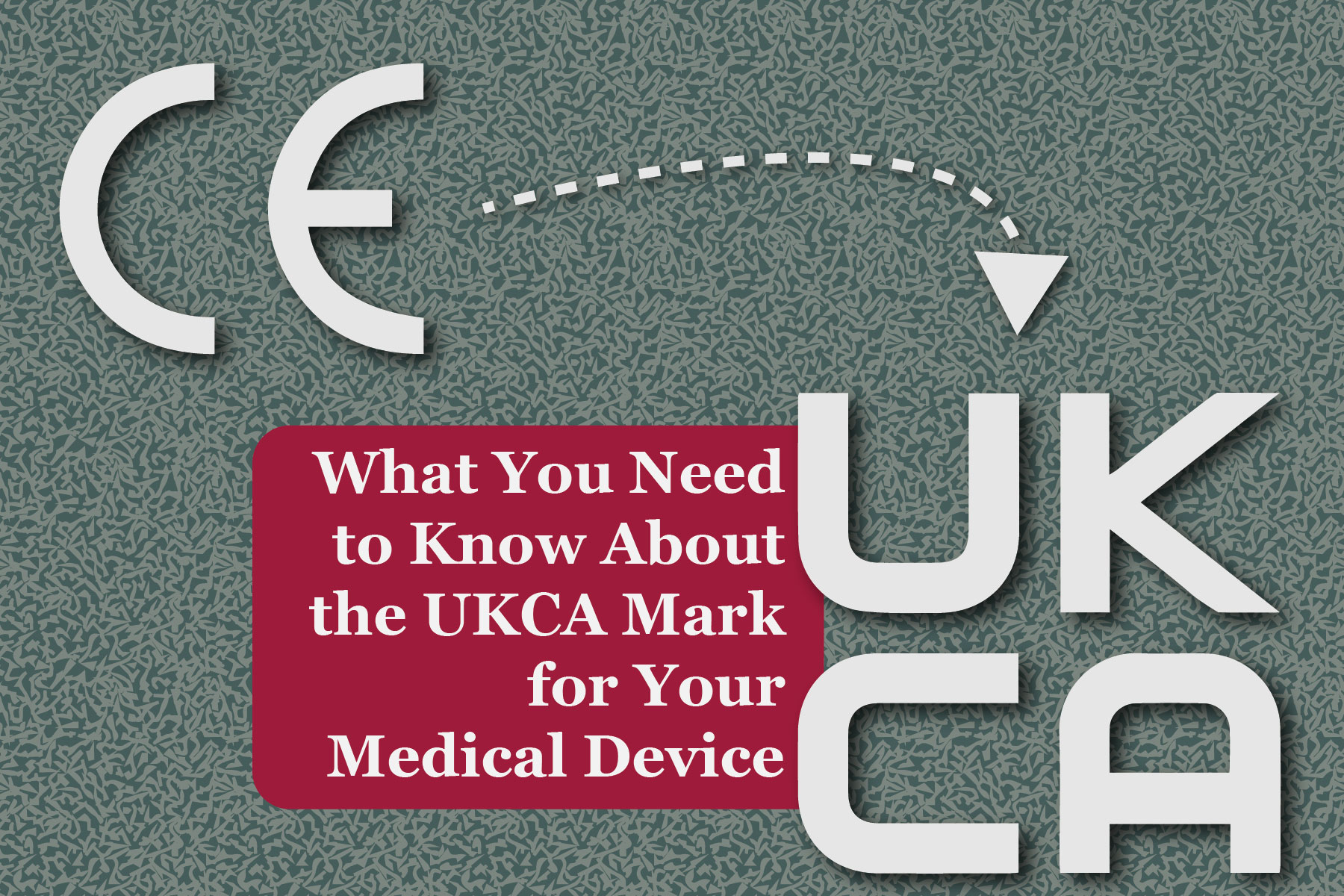The long-awaited Brexit is set to take place on December 31st, 2020. This is when Britain will exit the European Union after the 1-year transition period which is currently ongoing.
In preparation for the exit, the UK MHRA released a guidance document outlining its policies to place a medical device in the Great Britain market which is comprised of England, Wales, and Scotland post-transition period. Let’s take a look at all the things that will change post the transition period:1
- Regulations: Currently, all medical devices are regulated under the EU Medical Device Directives, In Vitro Diagnostic Medical Devices Directives, or the Active Implantable Medical Devices Directive in the UK. These directives will continue to be followed under UK law through the UK Medical Devices Regulations 2002. However, since the EU MDR and the IVDR will not have gone into their full implementation when Britain exits the EU, these regulations will not automatically apply to the UK.
- CE Mark: The UK MHRA will continue to recognize the CE mark issued under the EU MDD, IVDD, AIMDD, MDR, or IVDR until June 30th, 2023. However, all devices must bear the UKCA mark from July 1st, 2023 to be legally placed in the UK market. Any enforcement or market surveillance powers available in respect of the UKCA mark will apply to CE marked devices as well.
- Notified bodies: Certificates issued by EEA-based Notified Bodies will continue to be valid for the Great Britain market until June 30th, 2023.
- The UKCA Mark: The UKCA (UK Conformity Assessed) mark is a new UK product marking that will be used for certain goods, including medical devices, being placed on the Great Britain market after the transition period. This mark will not be recognized in the EU, European Economic Area, or Northern Ireland even though the mark is based on EU Directives, and products currently requiring a CE mark will still require a CE mark in these markets.
Manufacturers will be able to use the UKCA mark beginning January 1st, 2021 and devices currently holding a CE mark will require the UKCA mark starting from July 1st, 2023 to be placed on the UK market
- UK conformity assessment bodies: Existing UK notified bodies designated under the EU MDD, IVDD or AIMDD will have their designations rolled over as UK Approved bodies and will be eligible to perform conformity assessments and provide the UKCA mark.
- Manufacturing and distributing in the UK: From January 1st, 2021, manufacturers’ will have to register with the UK MHRA in order to place their device in the UK market.
- UK Responsible Person: Where a manufacturer is based outside of the UK, a UK based person responsible will have to be designated to act on the manufacturers’ behalf.
Managing this ever-changing regulatory landscape in the EU and the UK can be overwhelming, call us today at + 1 2489874497 or email us at info@emmainternational.com to know more about how we can help.
1UK Government (Sept 2020) Regulating medical devices from 1 January 2021 retrieved on 09/02/2020 from https://www.gov.uk/guidance/regulating-medical-devices-from-1-january-2021#UKCA




